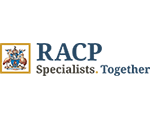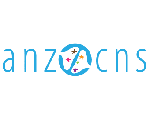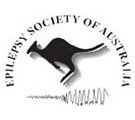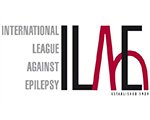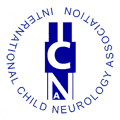Paediatric Multiple Sclerosis
Description
Paediatric multiple sclerosis is a progressive immune-mediated disorder that occurs in children when the protective covering of the nerve cells is damaged by the body's own immune system which results in diminished brain and spinal cord function.
Causes
The exact cause of paediatric multiple sclerosis is unclear. The disease is possibly triggered in a genetically predisposed child by environmental factors.
Impact
The disease can cause reduced cognitive ability, emotional problems, poor self-image, difficulty with schoolwork, and affect relationships with other children.
Symptoms
The symptoms of paediatric MS may be different from that of adults. In children, the symptoms may include headache, fever, neck stiffness, seizures, lack of energy, loss of bowel or bladder control, unstable gait, vision changes, tingling, numbness, and tremors.
Diagnosis
A diagnosis is usually made by ruling out other conditions that may cause signs and symptoms similar to multiple sclerosis. Your child's doctor will evaluate the symptoms, perform a complete medical history and neurological exam and order some tests which will help to confirm the diagnosis. These include blood testing, lumbar puncture, evoked potential testing, and MRI scanning.
Treatment
Treatment of Multiple Sclerosis is directed towards regulating the immune system by the use of medications that target body's immune system so as to prevent ongoing damage to the nervous system, thus alleviating the symptoms of the disease. Corticosteroid medications may be given intravenously once a day for 3-5 days to reduce inflammation in the spinal cord and brain which help ease the multiple sclerosis attacks. Your doctor may also prescribe medications to deal with specific symptoms such as fatigue, muscle spasms, and depression. Physical therapy and counselling may also be recommended to help children better cope with the symptoms of paediatric multiple sclerosis.




